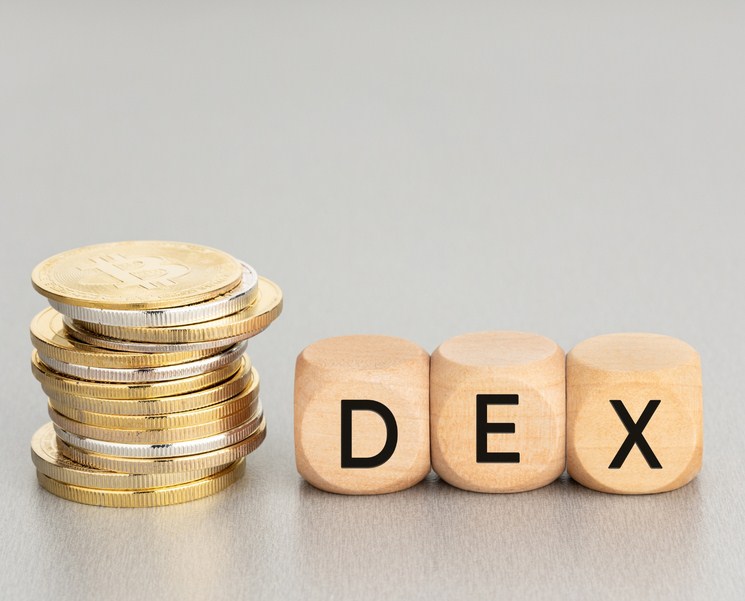Decentralized Exchanges (DEXs): The Future of Crypto Trading

Decentralized exchanges (DEXs) are revolutionizing how cryptocurrencies are traded, offering an alternative to traditional centralized platforms. Unlike centralized exchanges (CEXs), DEXs allow users to trade directly from their wallets without intermediaries. With growing interest in decentralization and blockchain technology, DEXs are positioned to play a significant role in the future of crypto trading. This blog explores how DEXs work, their benefits challenges, and why they are seen as the next big thing in cryptocurrency.
1. What Are Decentralized Exchanges (DEXs)?
DEXs are peer-to-peer (P2P) trading platforms that operate on blockchain networks. They enable users to exchange cryptocurrencies directly with one another using smart contracts, eliminating the need for a centralized authority to oversee transactions. Popular DEXs include Uniswap, PancakeSwap, and SushiSwap, which rely on automated market makers (AMMs) or order books for liquidity and price discovery.
2. Key Benefits of DEXs
1. Increased Security and Privacy
DEXs allow users to maintain control of their assets throughout the trading process. Since there are no centralized accounts, the risk of hacks or data breaches is reduced, providing greater security and privacy.
2. True Ownership and Transparency
Users retain complete control of their funds with DEXs, as transactions are processed directly through non-custodial wallets. Additionally, all activities on DEXs are recorded on public blockchains, promoting transparency and trust.
3. Global Accessibility
DEXs provide unrestricted access to crypto trading, enabling anyone with an internet connection to trade without restrictions. There is no need for identity verification (KYC), which makes DEXs especially appealing to users in regions with limited access to financial services.
3. Challenges of DEXs
While DEXs offer many advantages, they also come with certain limitations:
- Liquidity Issues: DEXs rely on liquidity pools, and insufficient liquidity can lead to high slippage, especially during volatile market conditions.
- Limited User Experience: Compared to CEXs, DEXs may have more complex interfaces, making navigating harder for new users.
- Scalability and Speed: Since DEXs run on blockchains, they are often limited by the network’s speed and scalability, potentially causing delays in transactions during periods of high demand.
4. The Future of Crypto Trading with DEXs
Crypto trading is the future, and it will likely shift towards decentralization, driven by demand for greater autonomy, privacy, and security. As blockchain technology evolves, solutions like layer-2 scaling and cross-chain bridges will address some of the current limitations of DEXs, improving speed and liquidity. Furthermore, DeFi (Decentralized Finance) protocols will continue integrating with DEXs, enabling users to earn yield while trading.
Conclusion
Decentralized exchanges (DEXs) are shaping the future of crypto trading, offering users greater control, transparency, and accessibility. While challenges such as liquidity and usability remain, ongoing innovations in the crypto space will likely address these issues. As traders seek alternatives to centralized platforms, DEXs are positioned to play a pivotal role in the next era of cryptocurrency markets.
#DecentralizedExchanges #CryptoTrading #BlockchainTechnology #DeFi #Cryptocurrency #CryptoFuture #Uniswap #DEXs #FinancialFreedom #BlockchainInnovation

